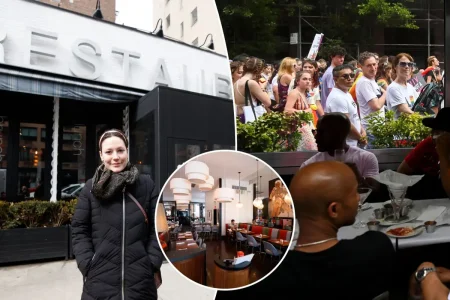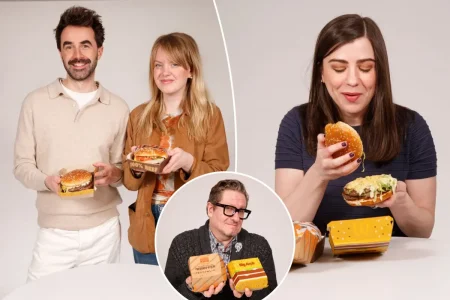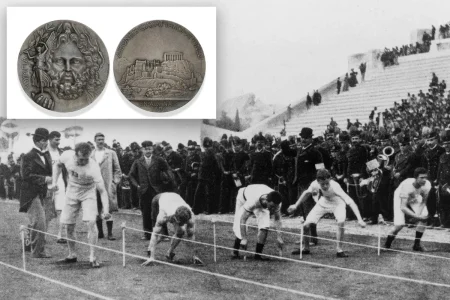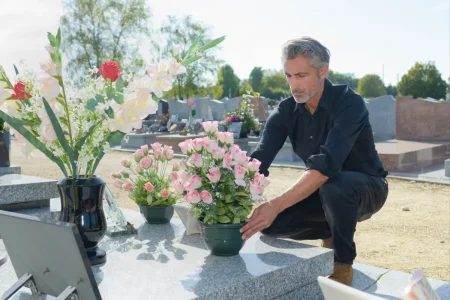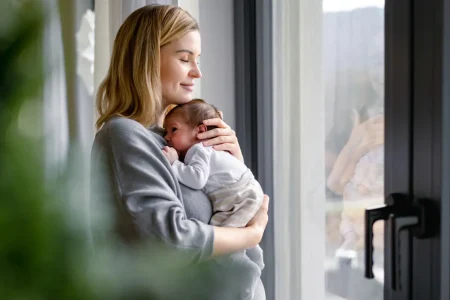The Modern Evolution of Relationships: One Couple’s Unique Open Dynamic
In today’s world where relationship boundaries are increasingly fluid, one couple has attracted attention for their unconventional arrangement. Fernanda Fabian and her boyfriend Michael have established an open relationship with a twist: she actively dates other people while he chooses to remain exclusive. Their story offers a fascinating glimpse into how couples are redefining commitment and love in contemporary society, challenging traditional notions of what constitutes a fulfilling partnership.
Their journey began early in their relationship when they mutually agreed to this arrangement, though it wasn’t without its emotional hurdles. Fernanda candidly shared her initial struggles with feelings of guilt when she developed connections with others. “When I started having feelings for other people at first, I felt like I was doing something wrong,” she explained in an interview. However, she discovered something unexpected – these additional relationships didn’t diminish her love for Michael. Instead, they enhanced her appreciation for him and their primary bond. This realization transformed her perspective, and now she only experiences guilt if she feels she’s compromised their relationship for someone else. This evolution in her emotional response highlights the complex psychological landscape that those in non-monogamous relationships navigate, balancing multiple connections while maintaining the integrity of a primary partnership.
The arrangement required significant emotional growth from both partners, particularly regarding jealousy. Michael initially experienced jealousy – a natural response that many would consider inevitable in such circumstances. Yet over time, as their communication deepened and trust solidified, those feelings dissipated. “He doesn’t experience jealousy anymore because he feels secure in our connection,” Fernanda explained. This security didn’t happen accidentally; she makes consistent efforts to nurture their relationship. “Even though he doesn’t ask for it, I constantly express my love and appreciation for him. And I always try to put our relationship first,” she shared. This prioritization seems to be a crucial element in their success, establishing a hierarchy of emotional commitment that provides stability within their unconventional framework. Their experience suggests that open relationships can thrive not despite communication but because of heightened intentionality in expressing love, gratitude, and reassurance.
Like any relationship model, Fernanda and Michael’s arrangement includes boundaries that help maintain emotional safety. They’ve established a practice where they don’t discuss Fernanda’s dates unless she needs Michael’s support with a particular situation. This boundary creates emotional space while maintaining the option for vulnerability when needed. Interestingly, despite the freedom their arrangement offers, Michael hasn’t shown much interest in dating others. Fernanda has mixed feelings about this, noting: “A part of me wants him to have that experience because I know how fulfilling it can be and in some ways, even addictive to our relationship.” She acknowledges that she would likely experience jealousy if he did date others but believes those feelings would be temporary – “just like they did with him.” This self-awareness demonstrates the ongoing emotional work involved in maintaining their relationship, as well as the recognition that feelings like jealousy aren’t necessarily destructive when approached with understanding and patience.
Their story reflects a broader social shift in how some couples are approaching commitment. Fernanda and Michael aren’t alone in finding value in non-monogamous arrangements. The article briefly mentions another couple, Jem Jones and her partner Daz, who began exploring swinging five years into their “ethical non-monogamy” relationship. Like Fernanda and Michael, they’ve faced social judgment but remain confident in their choices. “People class it as cheating and say we are ‘splitting marriages up,'” Jones explained. “People are angry about something they don’t understand. We’re having the best time in our 40s.” Their perspective highlights how some couples find that opening their relationship can add vitality rather than detract from it, challenging the assumption that exclusivity is necessary for relationship longevity or fulfillment.
What makes these stories compelling is not just their unconventionality but the thoughtfulness with which these couples approach their relationships. Far from the stereotype of open relationships as chaotic or selfish arrangements, these couples demonstrate significant emotional intelligence, communication skills, and commitment to their primary partners. They’ve created customized relationship structures that address their specific needs and desires, rather than conforming to traditional expectations. As society continues to evolve in its understanding of intimacy and commitment, stories like Fernanda and Michael’s provide valuable insights into the diverse ways people can build meaningful, loving relationships. While their approach certainly isn’t for everyone, it challenges us to question assumptions about what makes relationships successful and reminds us that with honest communication, clear boundaries, and genuine care, relationships can thrive in many different forms.






